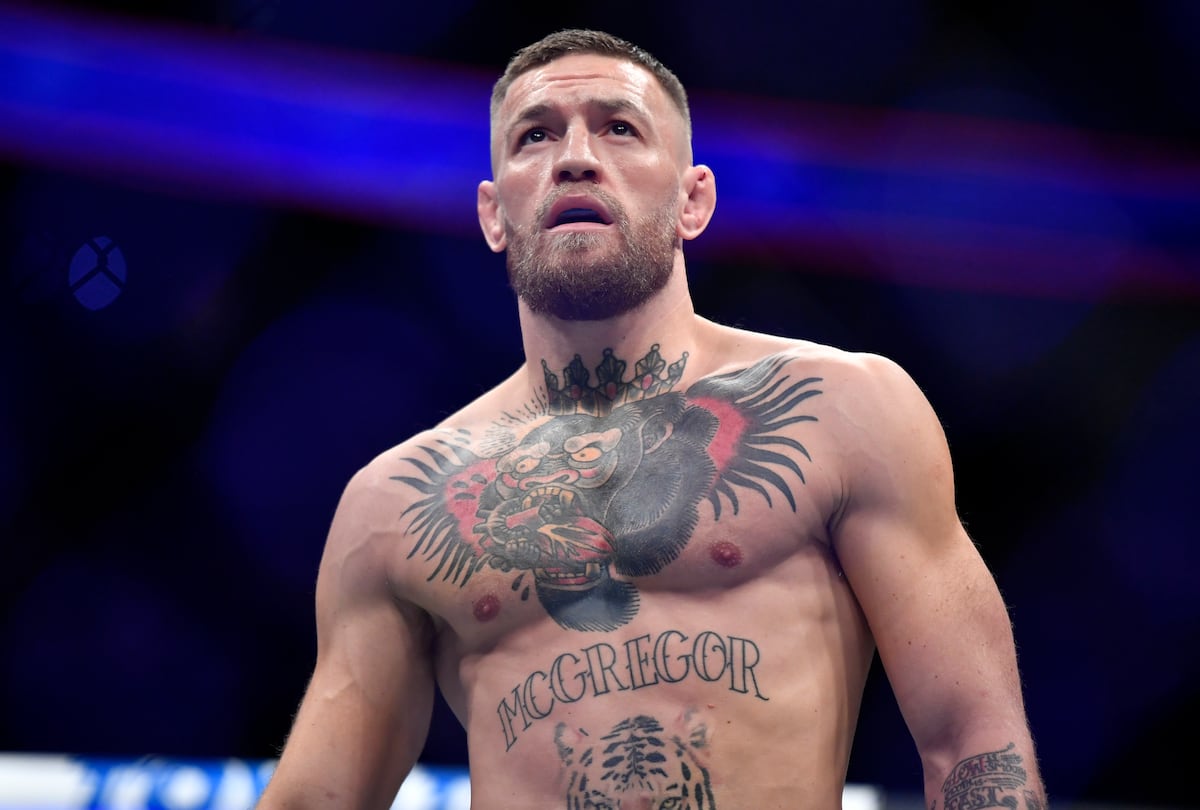
"Marcus Capone was a soldier in the U.S. Navy's Sea, Air, and Land Teams (commonly known as Navy SEALs) until 2013. He enlisted after the terrorist attacks on the Twin Towers in 2001. He served in Afghanistan in 2005 and spent around 300 days away from home, moving from mission to mission. During that time, like many combatants and veterans, he developed post-traumatic stress disorder (PTSD)."
"When he thought there was no solution for his suffering, he found hope in Tijuana, Mexico, through treatment with ibogaine, an alkaloid with hallucinogenic and stimulant effects. In recent years, athletes and artists from the United States have begun taking the drug in Mexico to supposedly cure their addictions. Tourist paradises in Mexico such as Tulum, Cozumel, Rosarito, Tijuana, and Los Cabos in the Yucatan Peninsula, Baja California, and Baja California Sur, respectively have become oases where these kinds of psychedelic substances are offered."
Marcus Capone served as a U.S. Navy SEAL until 2013 after enlisting following the 2001 terrorist attacks. He served in Afghanistan in 2005 with prolonged deployments and developed PTSD, depression, anxiety, nightmares, and substance self-medication. He reached a near-suicidal crisis before undergoing ibogaine treatment in Tijuana, Mexico. Ibogaine is an alkaloid derived from the iboga shrub native to Central African rainforests and is used medicinally and ritually in countries such as Gabon, the Republic of Congo, and Cameroon. Small studies suggest ibogaine can treat opioid addiction for a substantial share of patients, and Stanford researchers are studying its potential for traumatic brain injuries.
Read at english.elpais.com
Unable to calculate read time
Collection
[
|
...
]